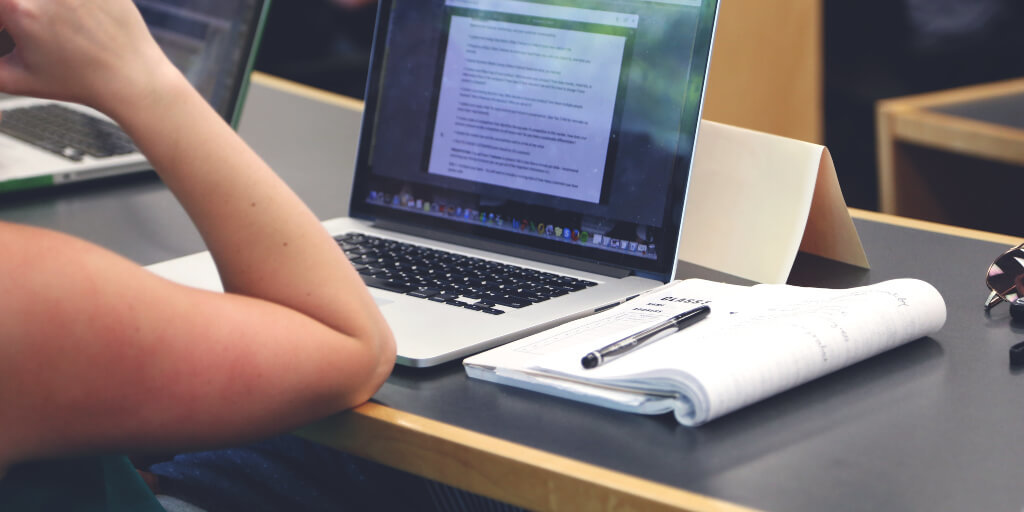How to Make Your Own Natural Lip Balm A Complete Guide
Natural lip balms are a wonderful addition to your beauty routine. They not only keep your lips soft and moisturized but also provide a protective barrier against harsh environmental elements. Making your own natural lip balm allows you to customize the ingredients, ensuring that you're using only the best for your lips. In this comprehensive guide, we'll walk you through the step-by-step process of creating a luxurious and nourishing lip balm right in the comfort of your own home.
Gathering Ingredients
Beeswax
Beeswax is the backbone of any good lip balm. It provides a protective barrier, sealing in moisture and preventing your lips from drying out. Ensure you get high-quality, pure beeswax for the best results.
Carrier Oils
Carrier oils like coconut, almond, or jojoba oil form the base of your lip balm. They add moisture and help distribute the other ingredients evenly. Opt for organic, cold-pressed oils for maximum benefits.
Essential Oils
Essential oils not only provide a pleasant aroma but also offer additional benefits. For instance, peppermint oil can give a tingling sensation while lavender oil can have a calming effect.
Optional Add-ins
These could include shea butter, cocoa butter, or vitamin E oil for added nourishment and protection. These ingredients are optional but can enhance the overall quality of your lip balm.
Tools and Equipment
Double Boiler
A double boiler is essential for melting and blending the ingredients without direct heat, preventing scorching or uneven heating.
Measuring Spoons
Accurate measurements are crucial for a successful lip balm. Invest in a set of good-quality measuring spoons.
Lip Balm Containers
Choose containers that are clean, airtight, and easy to use. Lip balm tubes, tins, or small jars work well.
Stirring Utensil
A stainless steel spoon or a glass stirring rod is ideal for blending the ingredients smoothly.
Labels
Labeling your lip balm ensures you know what's inside each container. It also adds a personalized touch if you plan to give them as gifts.
Choosing Ingredients for Your Lip Balm
Beeswax: Nature's Sealant
Beeswax is rich in vitamin A and has emollient properties, making it an excellent choice for sealing in moisture and protecting your lips from the elements.
Carrier Oils: Nourishing the Lips
Coconut oil is hydrating, almond oil is rich in vitamin E, and jojoba oil closely resembles our skin's natural oils. Choose a carrier oil that suits your skin type and preferences.
Essential Oils: Adding Flavor and Aroma
Essential oils not only provide a delightful scent but can also offer therapeutic benefits. Choose oils like lavender for relaxation or citrus oils for a refreshing kick.
Optional Add-ins: Customizing Your Balm
Shea butter and cocoa butter provide extra moisture and protection, while vitamin E oil acts as a natural preservative. Experiment with different add-ins to create a lip balm tailored to your needs.
Recipe Formulation
Balancing the Ingredients
Achieving the right balance of beeswax, carrier oils, and optional add-ins is crucial for the texture and effectiveness of your lip balm. Start with a basic recipe and adjust as needed.
Considering Sensitivities and Allergies
If you or the intended recipients have allergies or sensitivities, opt for hypoallergenic ingredients. Always do a patch test before using a new essential oil or butter.
The Step-by-Step Process
Melting the Ingredients
- Set up your double boiler with water in the bottom and turn on medium heat.
- Place the beeswax and chosen carrier oils into the top of the double boiler.
- Stir occasionally until all ingredients are completely melted and well combined.
Adding Essential Oils and Optional Add-ins
- Remove the mixture from heat and allow it to cool slightly.
- Add your chosen essential oils and optional add-ins. Stir gently to ensure even distribution.
Pouring the Mixture into Containers
- Carefully pour the melted mixture into your chosen lip balm containers.
- Allow them to cool and solidify for several hours before capping.
Storing and Using Your Homemade Lip Balm
Proper Storage Techniques
Store your lip balm in a cool, dry place away from direct sunlight. This will help maintain its quality and prolong its shelf life.
Shelf Life and Expiry Dates
Natural lip balms typically last 6-12 months. Check for any changes in color, texture, or scent, as these can indicate spoilage.
Getting the Most Out of Your Lip Balm
Apply a thin layer whenever your lips feel dry. Using a clean finger or applicator, gently swipe the balm over your lips. A little goes a long way!
Customizing Your Lip Balm
Tinted Lip Balms
For a touch of color, add a small amount of natural beetroot powder or cocoa powder to your melted mixture.
Adding SPF Protection
Incorporate a natural sunscreen like zinc oxide to protect your lips from harmful UV rays.
Experimenting with Flavors and Scents
Try different combinations of essential oils to create unique scents. Consider using edible extracts like vanilla or mint for a delightful flavor.
Troubleshooting Common Issues
Grainy Texture
If your lip balm turns out grainy, it could be due to the beeswax cooling too quickly. Remelt the mixture and pour it into containers at a slightly higher temperature.
Too Soft or Too Hard
Adjust the ratio of beeswax to carrier oils. More beeswax creates a firmer balm, while less produces a softer texture.
Separation of Ingredients
Ensure thorough mixing when adding essential oils and optional add-ins. If separation occurs, gently reheat and remix.
Congratulations on creating your own natural lip balm! Enjoy the soft, nourished feeling it brings to your lips. Embrace the beauty of natural ingredients and take pride in your homemade creation. Share the love by gifting these delightful balms to friends and family, spreading the joy of natural skincare.
Remember, the possibilities are endless when it comes to creating your own lip balm. So, have fun experimenting and discovering what works best for you!

.jpg)



.jpg)

.jpg)
 English (US) ·
English (US) ·